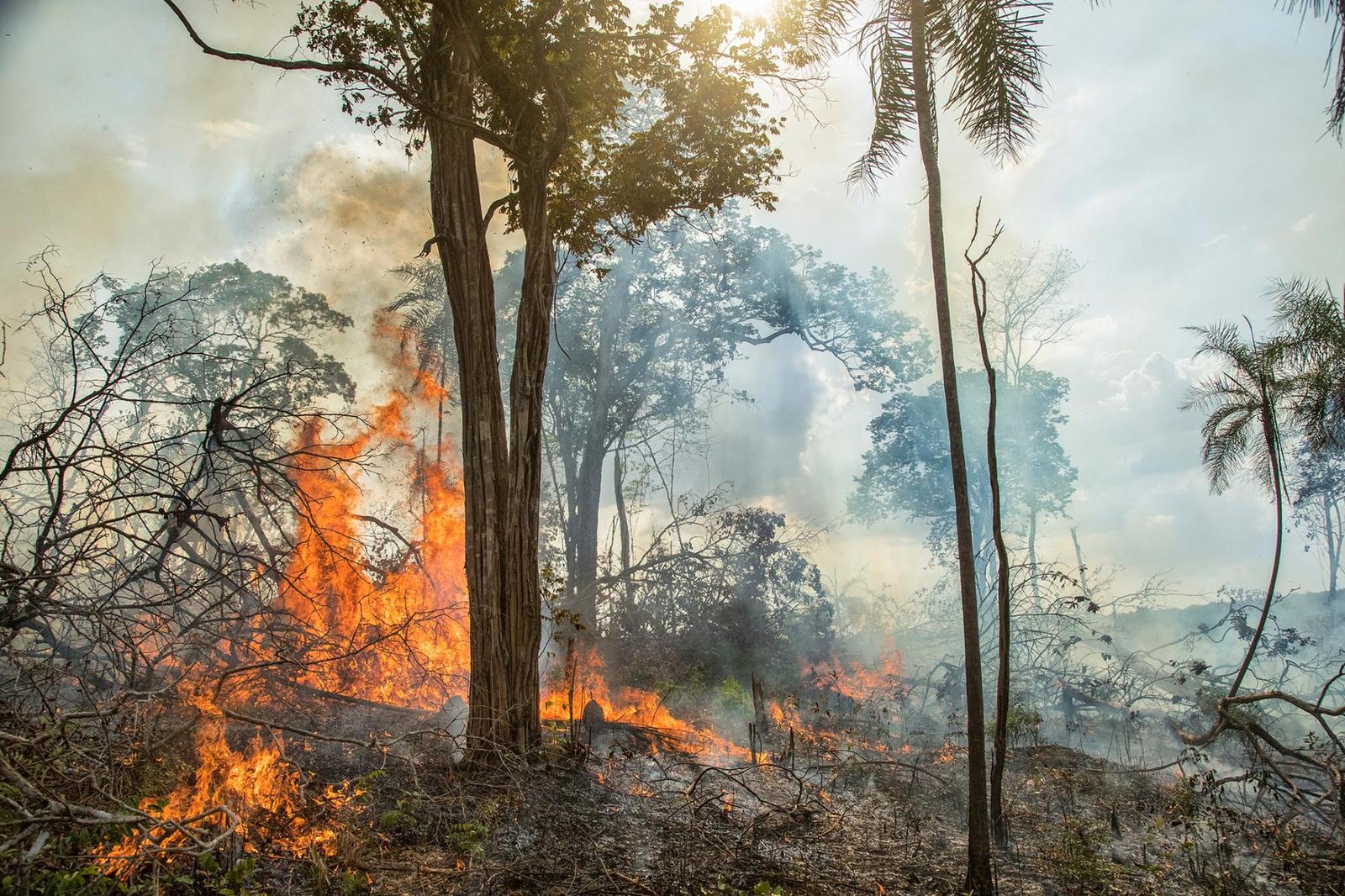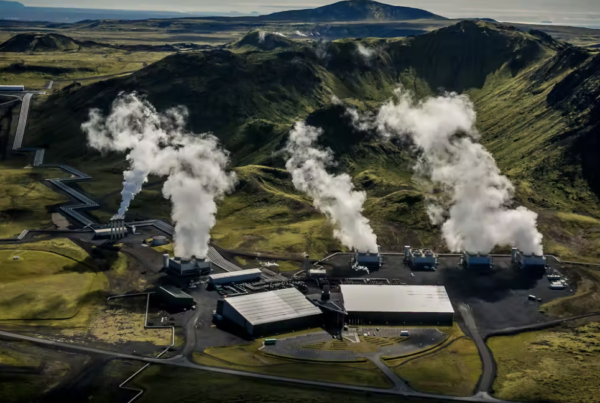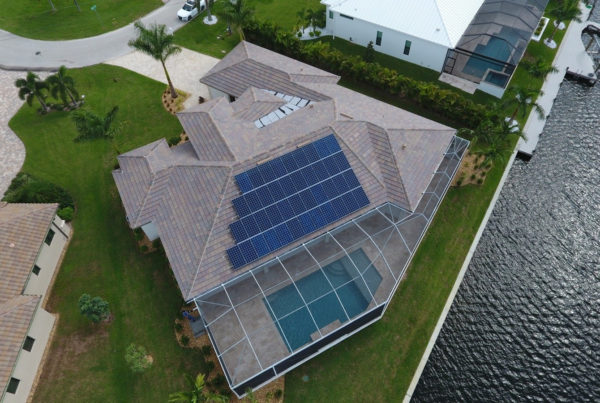By now most everyone has heard about the fires in the Amazon Rainforest, so rather than piling on to the news you probably already know, we thought we would share some ideas around long term solutions.
Firstly, for those not following the story, here’s a recap of what’s occurring:
- There were over 41,000 fires recorded in August in the Amazon.
- While this number sounds high, it is pretty standard. It is the highest August total since 2010 (58,000), but nowhere near record year in 2007.
- The Amazon is critically important! But it is actually NOT responsible for 20% of the world’s oxygen. In fact, the Amazon barely produces net positive oxygen output due to all the life within it breathing oxygen. It’s the positive impact on Carbon sequestering that offers us bigger value. Here is a great article from The Conversation elaborating.
- Recent deforestation advances have compounded the problem, perhaps more so politically than scientifically in fact.

Bolsonaro’s point – if we all did the same thing, and are now benefiting from it as world economic powers, who are we to tell Brazil it can not do the same – on land it fully owns mind you – to grow its economy, which has been sputtering in the last few years to the tune of 0.1% GDP contraction in Q1 of this year.
Putting our passion and need for rainforests aside for a second, this is a fair position from Brazil. Why should they struggle economically while due to pressure from global economic powers whose ancestors did the exact same thing we are attacking Bolsonaro for?
A similar, and frankly even scarier issue is going on right now in Indonesia as well. Where the country recently announced it is relocating its capital from Jakarta – which is sinking and out of space – to Borneo – which is a magical biodiversity home like the Amazon, including the last wild home left for orangutans. This plan will require much more massive destruction of the Borneo rainforest than Bolsonaro is planning for the Amazon. And again, it’s all in the name of economic development for a country looking to grow its economy and lift its citizens out of poverty.

A view of a land as peatland forest is cleared by burning for a palm oil plantation at a company’s grounds on 1 November 2015 in the outskirts of Palangkaraya, Central Kalimantan, Indonesia.
The issue really is our financial incentive system.
We have built a global economy around a fiat currency system that rewards consumption. The more others consume and buy your goods, the more you grow. The more your citizens are spending and consuming, the healthier your economy. Lower interest rates to drive investment and spending into more things to drive consumption. Consume, consume, consumer, it’s a never-ending cycle.
Having our world leaders yell at each other over Twitter is not a solution.
Lobbying over a few million dollars to “protect the Amazon” is not a solution.
Nor is destroying the vital wild ecosystems we have left – like the Amazon & Borneo – two critical homes for the very wildlife we set out to support and celebrate here at Animalia.



At a global level, we should be paying Brazil & Indonesia to protect and sustain the Amazon & Borneo. We should create jobs and trade around maintaining these ecosystems. We know more and more about the negative economic impact of global warming and climate change and the direct role these rainforests play in combating it. And thus we can apply economic value – and a large amount of it – to keeping them alive as is. We can use modern science to find a way to figure out the value the Amazon provides to the world each year economically just by existing, and there has to be a way we can then pay Brazil that value for maintaining it.
If we are willing to pay for other forms of output from the Amazon – such as clearing land for agricultural exports, why can’t we pay them for the output it creates for the environment as a preventative measure against further climate disruption and the economic distress that causes?
Some quick and dirty math may show that this does not quite match the same economic value derived from mining resources and building mono-agriculture, but we can offset that via our most powerful, developed economies contributing to a global fund to subsidize the work of developing countries maintaining these rainforests; while also continuing to invest in carbon-negative technologies to create proteins, fuels, fabrics and much more harnessing the power of micro-biologies found in these densely rich bio regions.
Of course, this requires that we can get along well enough to actually craft global solutions, stand behind our commitments, (looking at you Trump vs. Paris Accord) and move past this Populist period we are in politically that pushes towards fragmentation vs. globalization. (on a side note, there is evidence to show that competitive populist economics can be productive, but there are issues like climate that require global solutions to work). Just pointing a finger at Bolsonaro and completely exaggerating the facts about the Amazon fires for hyperbole and Twitter followers will get us nowhere.
We need to break the cycle. We need to build new financial systems that reward and recognize something other than increased consumption and output. Every human being on this planet deserves the chance for a better life, especially those in under-developed countries. Let’s figure out a way to give them the chance at this without requiring them to simply create more “stuff” than the country next to them in order to do so.




